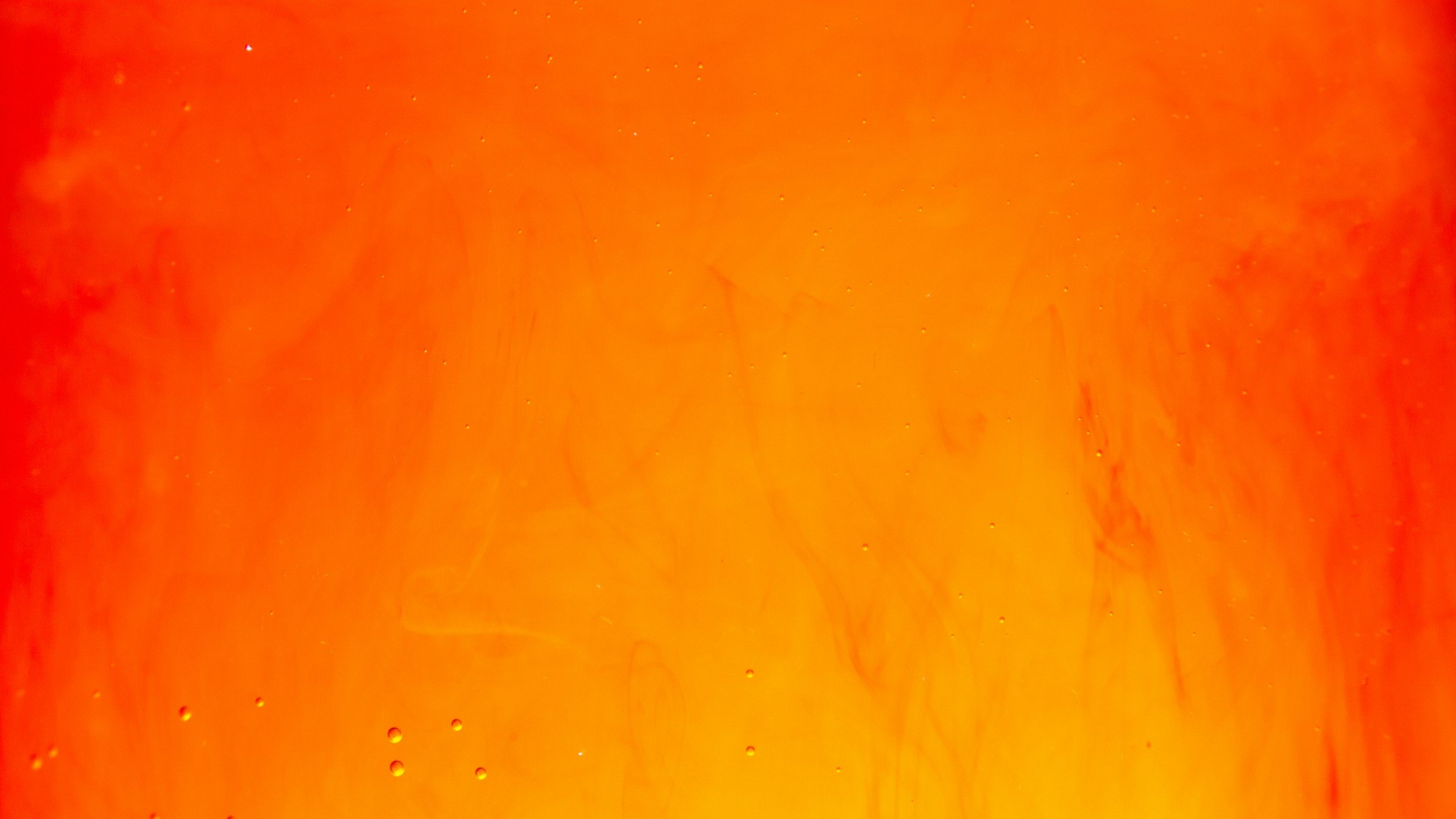If a Tree Falls...: Restoration After Vulnerability
In western Washington state, we don’t get many large natural disasters. There are no tornados, blizzards amount to less than a foot of snow, hurricanes usually pass us by and earthquakes only cause damage once every few decades. What we do understand, however, are wind storms. Before I’d moved here, I knew that wind could blow hard, but not hard enough to move your car while it’s driving. I knew branches could fall in the wind, but I’d never seen a whole street littered with tree branches and occasionally, whole trunks. A few years ago, during one of our fall wind storms, a neighbor’s tree fell down. Fortunately, it fell away from the houses and across the road, blocking the street and breaking a fence, but with no injuries or damage to cars or roofs.
Before it fell, I’d never have known anything was wrong with it. In fact, I’m not even sure I ever noticed it. But afterwards, you see that it was rotten. The healthy-looking bark and needles were just a façade for the damaged core. I think sometimes when we let down our guard and are vulnerable, it’s much like that tree. You might never know there was damage there but have a good gust of wind and the façade topples down.
It took weeks to fully clear up that tree. The road crews quickly came and cleared the street, repaired the power lines and cordoned off the damaged sidewalk. But cutting up the debris and rebuilding took a long time. Vulnerability is often like that, too. Sometimes a big storm comes in and we have no choice but to show parts of ourselves that have been in trouble for a long time. And so we do. On the other side of it, we clean up what must be cleaned up but then take our time with the peripherals. Habits change, our ideas of who we are adapt, and eventually things get back to normal-ish. But the old tree isn’t there anymore; something new is growing.
During that time of restoration, we’ve got to clear away the debris of pain. That process looks like the most mindless self-care you can think of. After Forrest and I have a hard talk and get closer, my first instinct is to turn on the stupidest TV show I can think of. And make a warm cup of tea. And sit in cozy socks.
Maybe it’s because vulnerability is so scary that we need to remind our brains afterwards that they are safe. It feels threatening to expose ourselves because what if we lose that sense of belonging that our entire species depends on for survival. That’s why when someone else comes to us, vulnerable, it’s important to honor that with gentleness and acceptance – to help them remember that they do belong. They are wanted and worthy of love. Big trees may fall but the new growth will be so much stronger and more vibrant.
How do you restore yourself after vulnerability? How can you help others?



